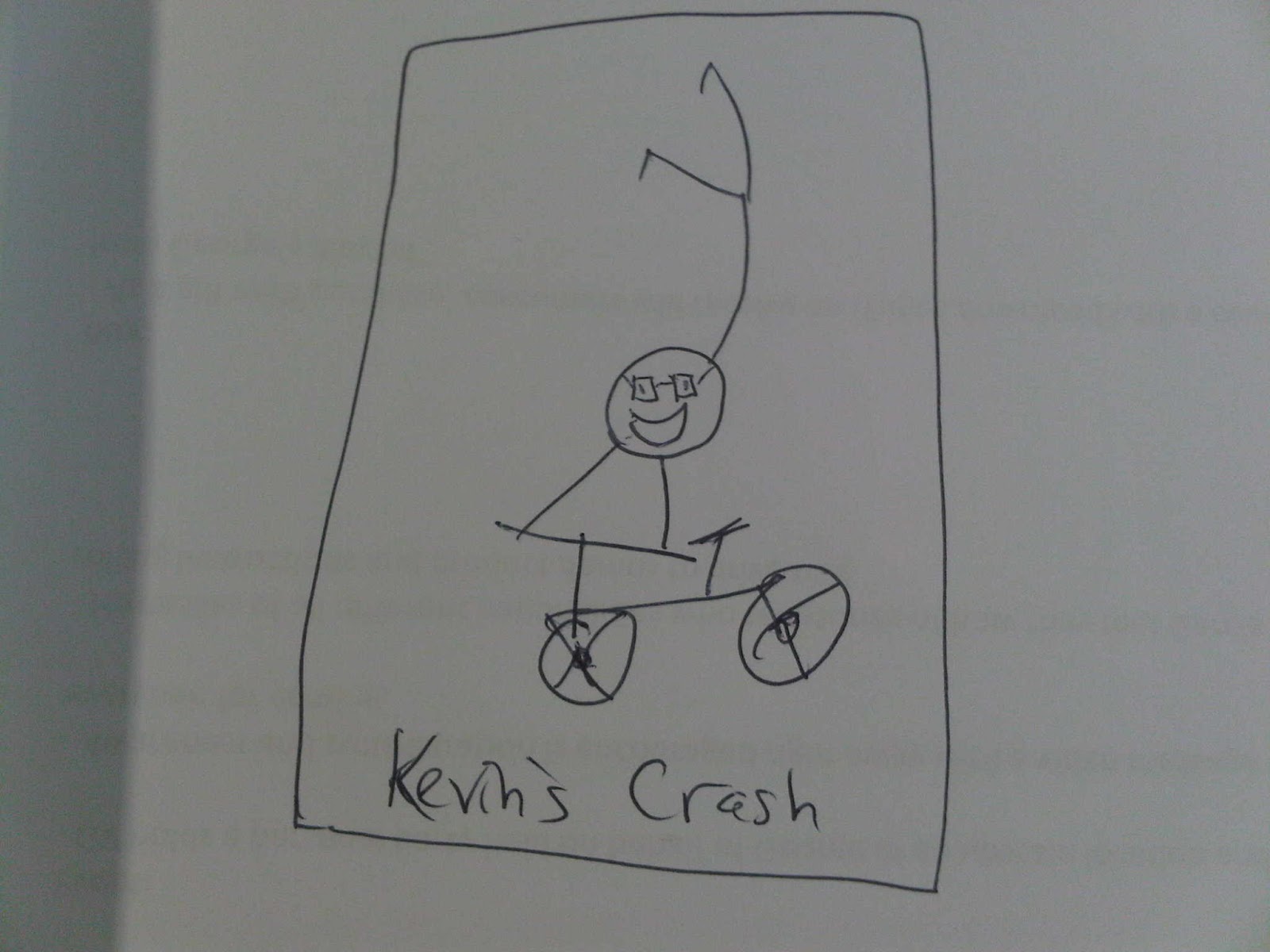There's a grim joke going around the office that the Canadians are
cursed.
It began with Teak tearing an Achilles tendon playing squash. After
a traumatic visit to an emergency room/butchershop, surgery and months of
physiotherapy, he still limps.
Kevin flew over the handle bars of his mountain bike in the Buda
hills. He has had three surgeries on his shoulder and still has metal screws
holding things together.
The rest of the Canadians have gloomily awaited their turn. We
are cautious. We don’t jaywalk. No one does extreme sports. When Cara, another
Canadian, and I go running in the Buda hills with our Hungarian running
group, prayers are murmured down every treacherous trail. Other Canadians just
stopped being active. They just stay home. They avoid outdoor activities. They avoid
disaster.
Then the curse struck me this summer.
A week before my 31st birthday, I got a pain in
the neck. It was so incredible that my shoulders were scrunched up to my ears.
I went to a private doctor’s office frequented by my other expatriate co-workers. The nice doctor
prescribed me a bunch of awesome drugs, set me up with an MRI exam and sent me
home.
For two days, I lay on the couch, popping muscle relaxants, until
my MRI appointment. Normally, the wait is longer, but going through the private
doctor and paying more meant I jumped the line. Not something that happens in
Canada, the Land of the Long Wait.
I went in, got buzzed by the machine and they handed me a CD with
the images on it almost right after, ready to be shared on the book of face.
Nothing to worry about, just muscle pain from poor neck posture at the work
computer, so I began physio.
Not a week later, I got a sore throat. No matter, I thought, just
sleep and gargle some salt water and all will be well.
That Saturday, I laid on the couch, unable to eat anything because my throat was so sore. Kata came by with a thermometer, because, silly me, I didn’t pack one when I moved to Europe. It informed me my temperature was in the neighbourhood of 40 degrees. It was not a routine sore throat, so she administered a tea and strepsil cure and I decided to see a doctor.
Private medicare isn’t cheap in Hungary, which is a universal truth everywhere, so I asked the internet about public care. I found an information number on a government website and asked for help. With my woefully limited Hungarian and the operators’ limited English (I could hear several other employees in the background, helping out), I found a walk-in clinic.
I took the metro, staggered into the office and began the most
sacred of medical rituals: the wait. There was no front desk, no triage nurse.
You just walk in, and sit on a chair near the door of the office you are meant
to visit –I just did not know which door I was meant to visit.
After waiting and awkward conversations in Hungarian with other
waiters, I managed to get into and office and lo there was an English-speaking
doctor.
I embarrassed myself a bit later, when I returned for a follow-up,
just to make sure I was cured. I got a lot of strange looks because it seems no
one just drops by the doctor’s office to make they’re sick.
Since this writing, a Canadian copywriter has developed inner ear
issues – the curse struck again.








